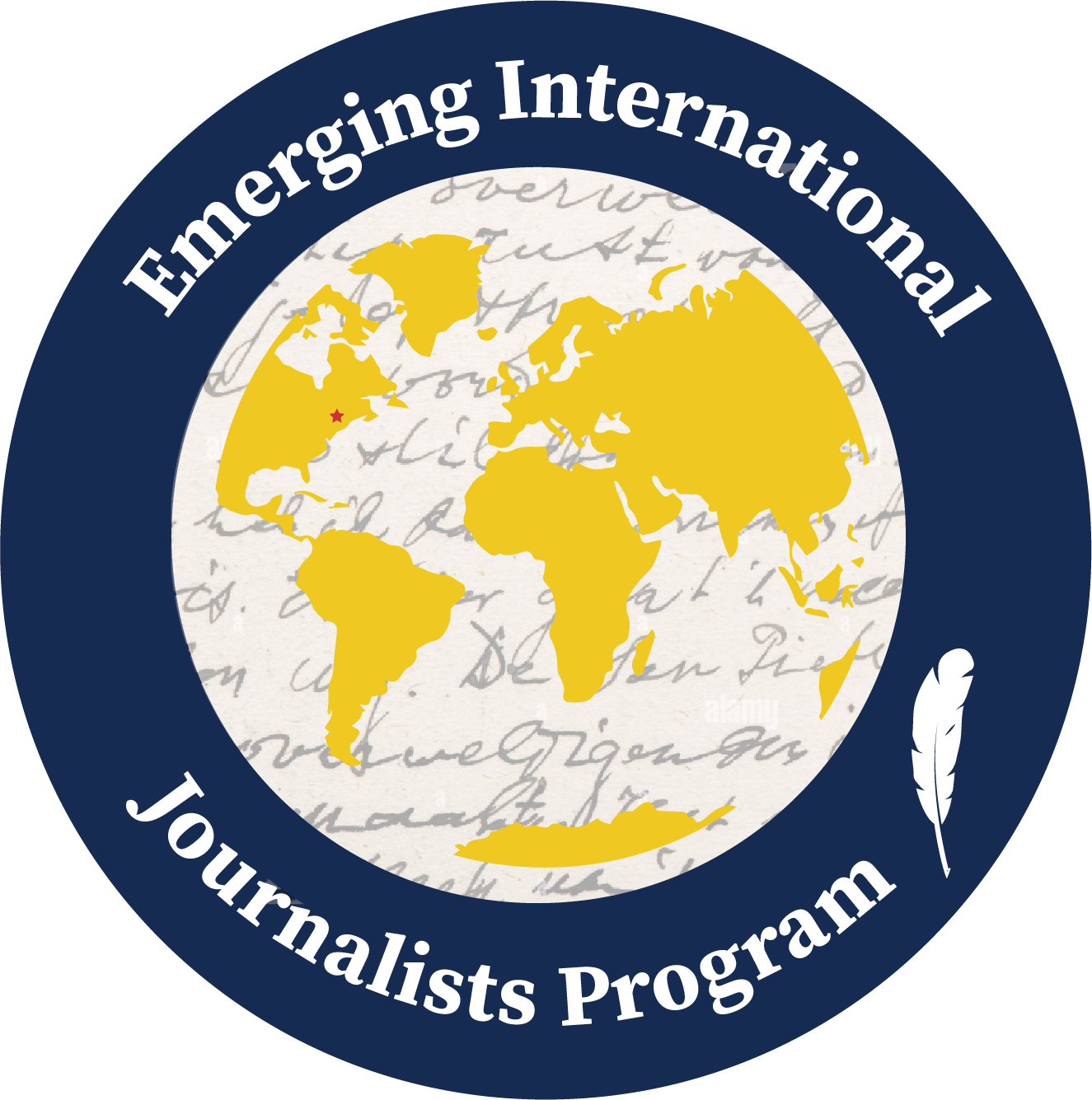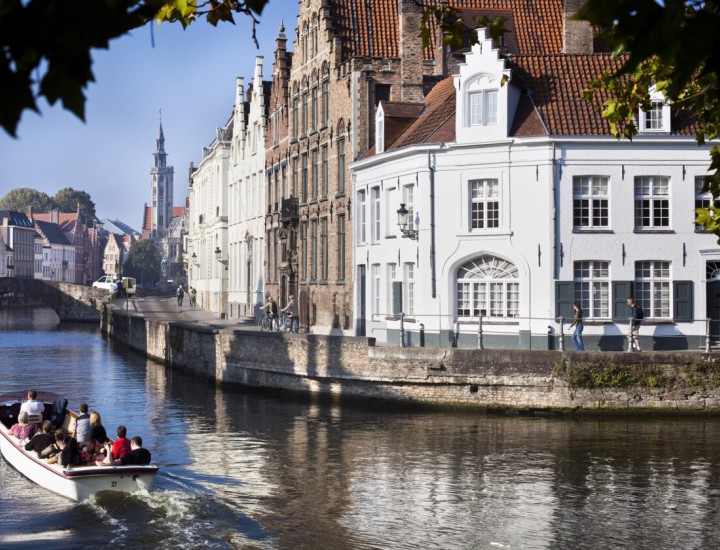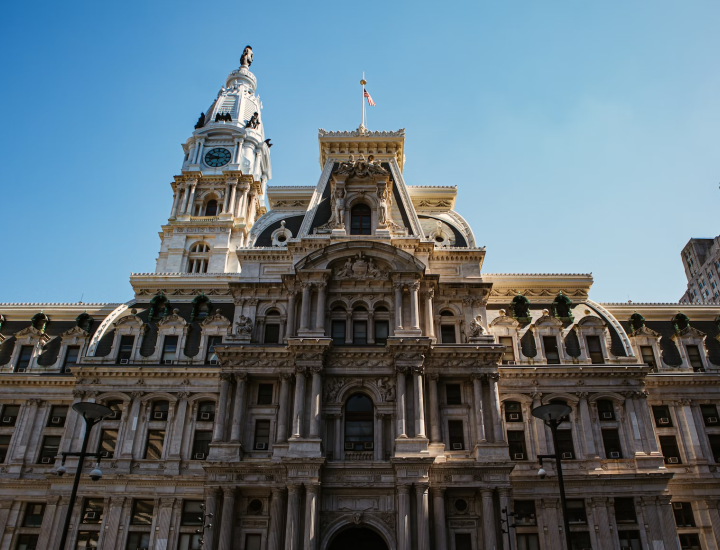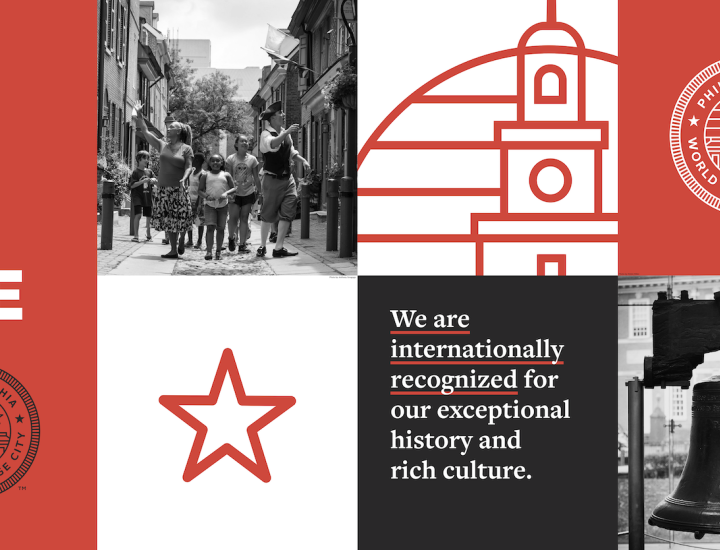World Heritage Congress in Cordoba Sparks New Vision for Philadelphia’s Global Role
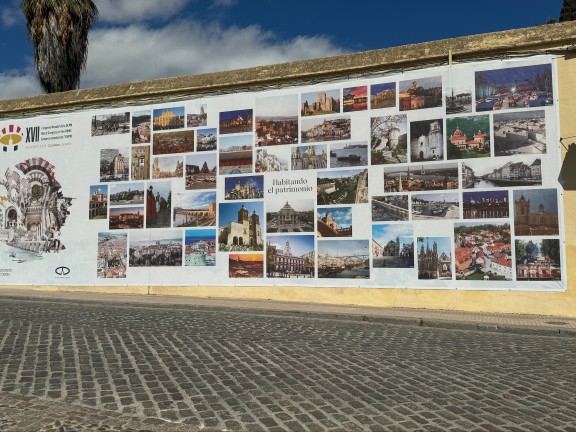
In a vibrant and collaborative gathering of over 330 World Heritage Cities, the historical city of Cordoba in southern Spain welcomed international delegates for the 17th bi-annual World Congress of the Organization of World Heritage Cities (OWHC) from September 23-27. Among those attending was Global Philadelphia Association (GPA), representing Philadelphia with hopes of advancing the city’s global presence and learning from world leaders in sustainable city living. This is Philadelphia’s sixth World Congress, expanding the global map in addition to past visits to South Korea, Mexico, Poland, Canada, and Peru.

Philadelphia’s representatives, Zabeth Teelucksingh, GPA President, and Dr. Harold Yaffe, GPA Development Chair, joined prestigious city officials and planners from more than 51 cities across the world to tackle one overarching goal: making heritage cities more livable. Under the congress’s theme, “The Livable City,” attendees shared strategies for addressing pressing issues like climate change, urban planning, and sustainable mobility.
The OWHC’s mission, founded on collaborative solutions, is embodied in the Quebec Roadmap. Launched in 2022, this initiative is guiding World Heritage Cities toward more sustainable futures through four focus areas: requalifying habitats, refreshing urban spaces, transforming mobility, and regenerating the urban environment. Each area has brought member cities together through multi-city workshops to inspire actionable solutions, ranging from reducing traffic in historic zones to enhancing green spaces.
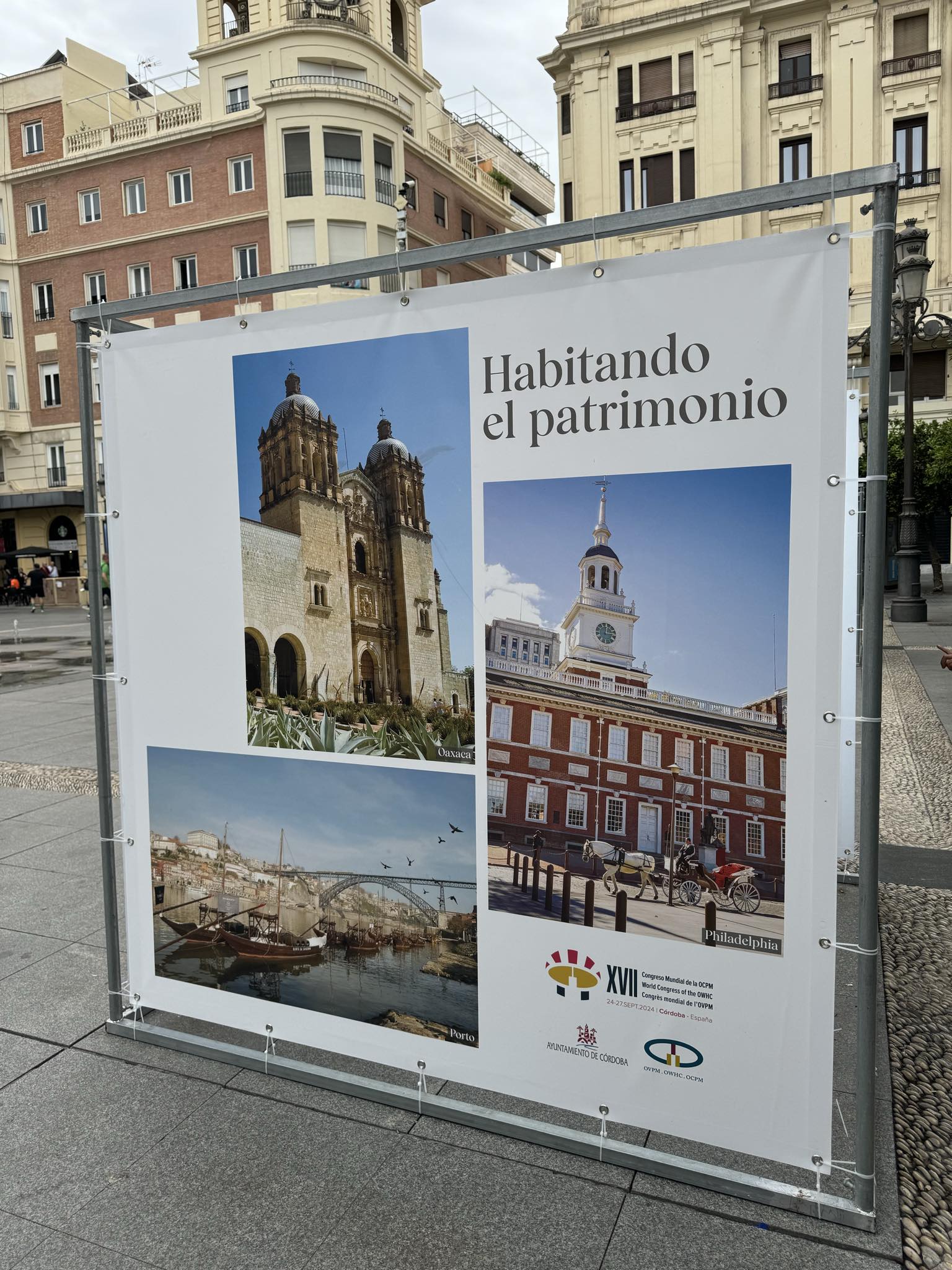
The focus points guided the discussion and organization of the Congress. Each sought to illuminate different aspects of urban sustainability:
- Requalify the Habitat: This segment focused on reimagining traditional spaces—like citadels, historic centers, and artisanal hubs—as thriving community areas. GPA’s Dr. Yaffe noted examples from cities worldwide aiming to integrate heritage with modern appeal, embracing cultural elements like African fabrics or historic cuisines to make cities more relevant and engaging.
- Refresh the City: This session, attended by Dr. Yaffe, emphasized car-free areas, greening public spaces, and engaging residents in environmental initiatives. Inspired by Barcelona’s waterfront transformation and street greening projects, the GPA hopes to bring these ideas back to Philadelphia to enhance pedestrian spaces, promote urban greenery, and protect historical landmarks.
- Transform Mobility: Embracing the concept of the “15-minute city,” Philadelphia’s team explored the benefits of accessible, community-focused neighborhoods. Cities like Dubrovnik, Croatia, which offers free Wi-Fi to improve visitor engagement, and Quebec City, which designates pedestrian-only streets in warm weather, exemplified the kinds of adaptive changes Philadelphia could consider.
- Regenerate the Urban Environment: Representatives discussed ways to breathe new life into urban spaces to benefit residents, with Portuguese cities providing models of urban reactivation. For Philadelphia, such regeneration could mean revitalizing historical neighborhoods with expanded public uses, making them more appealing to both locals and visitors.
Building Global Connections and Influence
During the congress, Philadelphia’s team had the chance to connect personally with leaders, including mayors from Morelia, Querétaro, Quebec City, and Dubrovnik. They also forged valuable ties with city council members and planners from major European cities like Vienna, Bordeaux, and Regensburg. These interactions position Philadelphia well to become more deeply integrated into the OWHC network, potentially hosting high-level delegates and learning from their urban innovations.
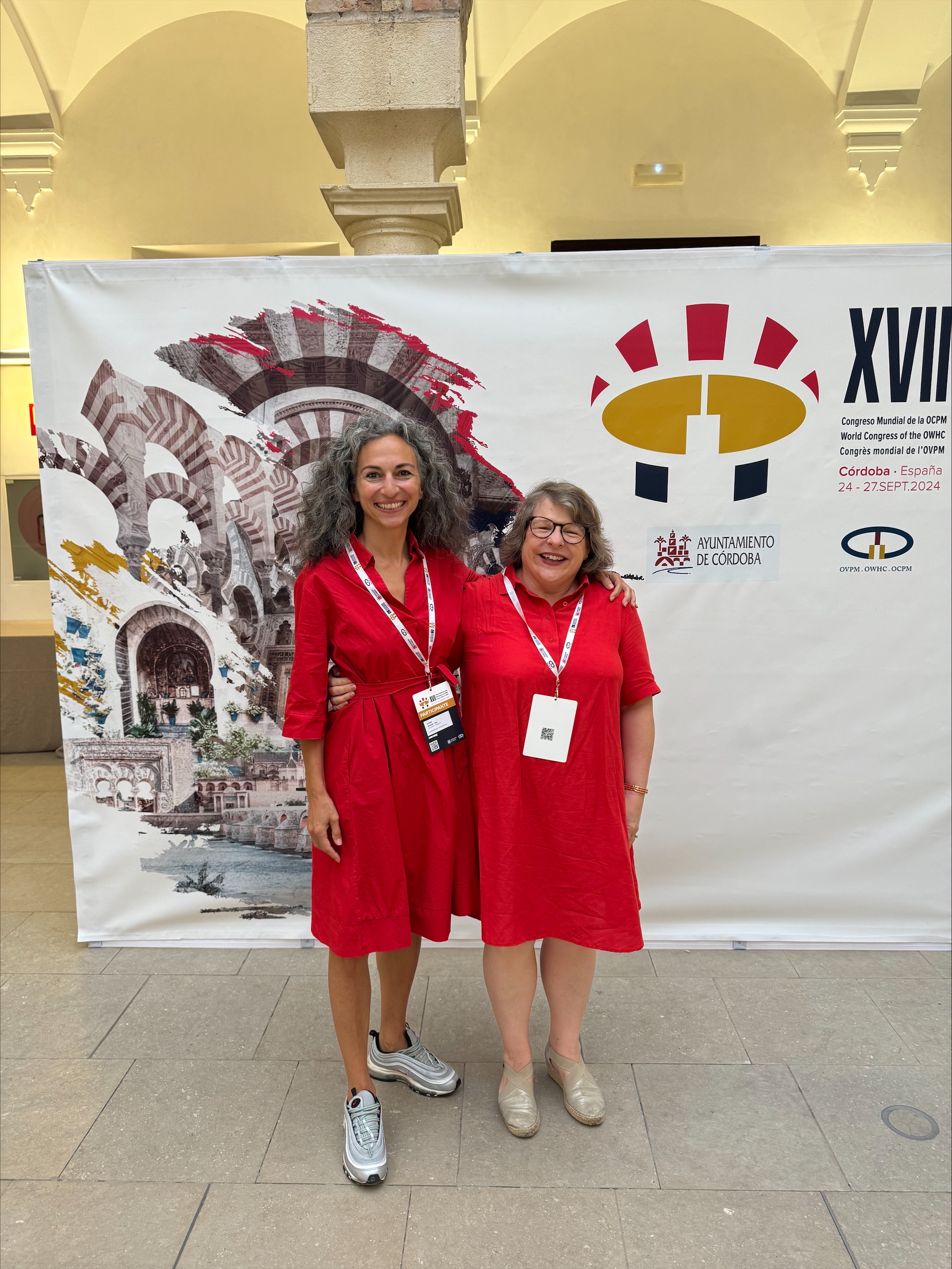
The Road Ahead for Philadelphia: Hosting Opportunities and Youth Engagement
The congress showcased how Philadelphia could play a significant role within the OWHC’s North America and Northwest Europe Regional Secretariat. Already a member of this prestigious group, Philadelphia is poised to host regional events and possibly even the 2026 World Congress. GPA is also exploring hosting specialty workshops to share best practices with other cities in areas like youth engagement and climate resilience.
The OWHC has opened doors for Philadelphia’s young people, inviting them to participate in “Young Travelers” initiatives and collaborate on sustainable development goals (SDGs). The congress’s focus on the convergence of world heritage and SDGs aligns perfectly with Philadelphia’s goals for a future-ready, historically rich urban environment.
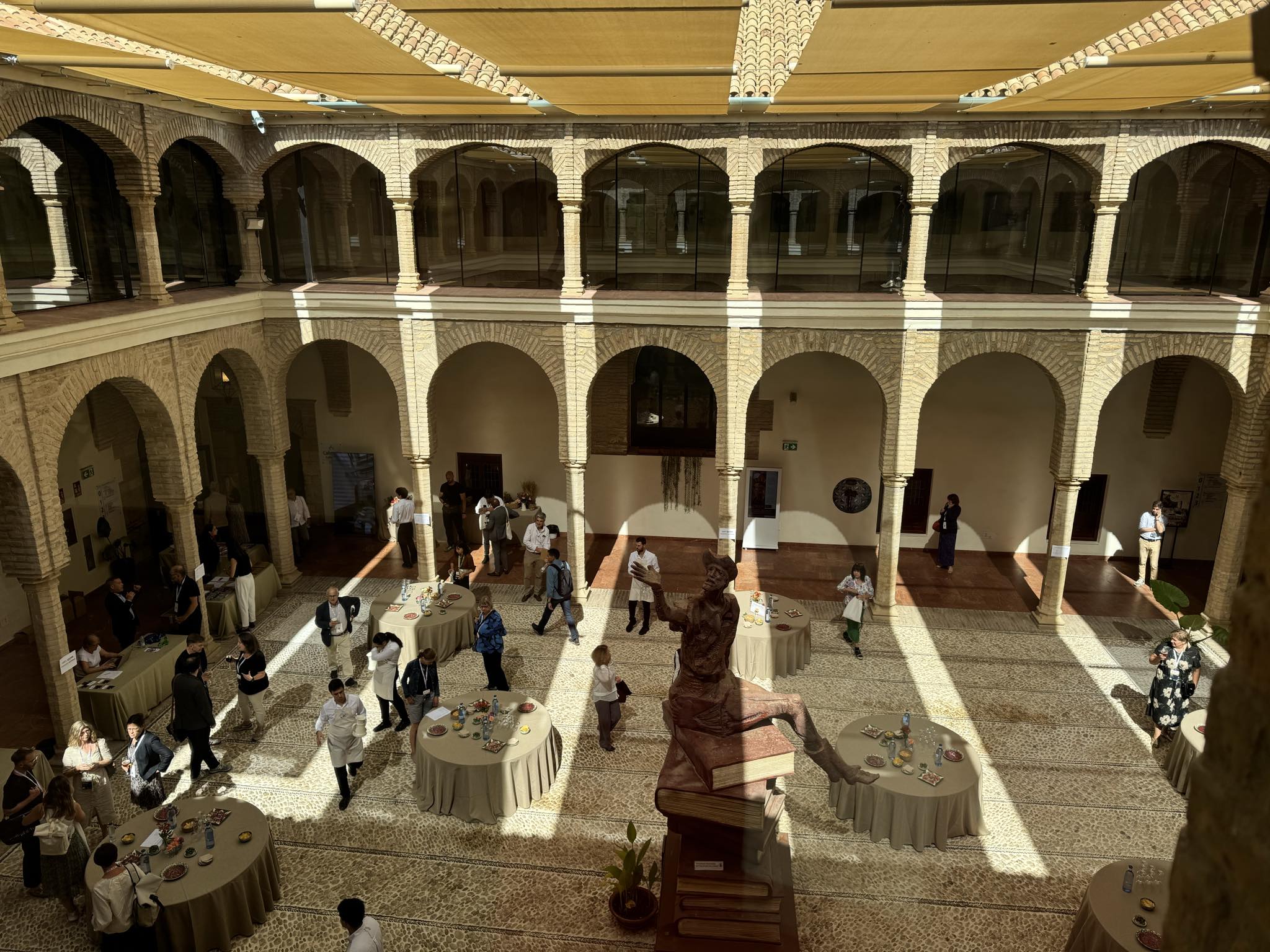
Seizing the Moment for Philadelphia’s Future
The congress demonstrated how cities like San Antonio are leveraging their OWHC membership to elevate their global presence, forming partnerships, and collaborating with international delegations. Philadelphia, GPA leaders believe, can achieve the same, if not more. This OWHC partnership offers a powerful platform to engage with the world, showcase the city’s unique heritage, and adopt cutting-edge ideas that can transform urban living.
The OWHC’s Secretary General and Quebec City’s Mayor have extended an invitation to Philadelphia’s leaders, expressing eagerness to discuss further opportunities. Hosting a congress in Philadelphia could bring international attention to the city’s assets, reinforcing its historical legacy and commitment to a sustainable future.
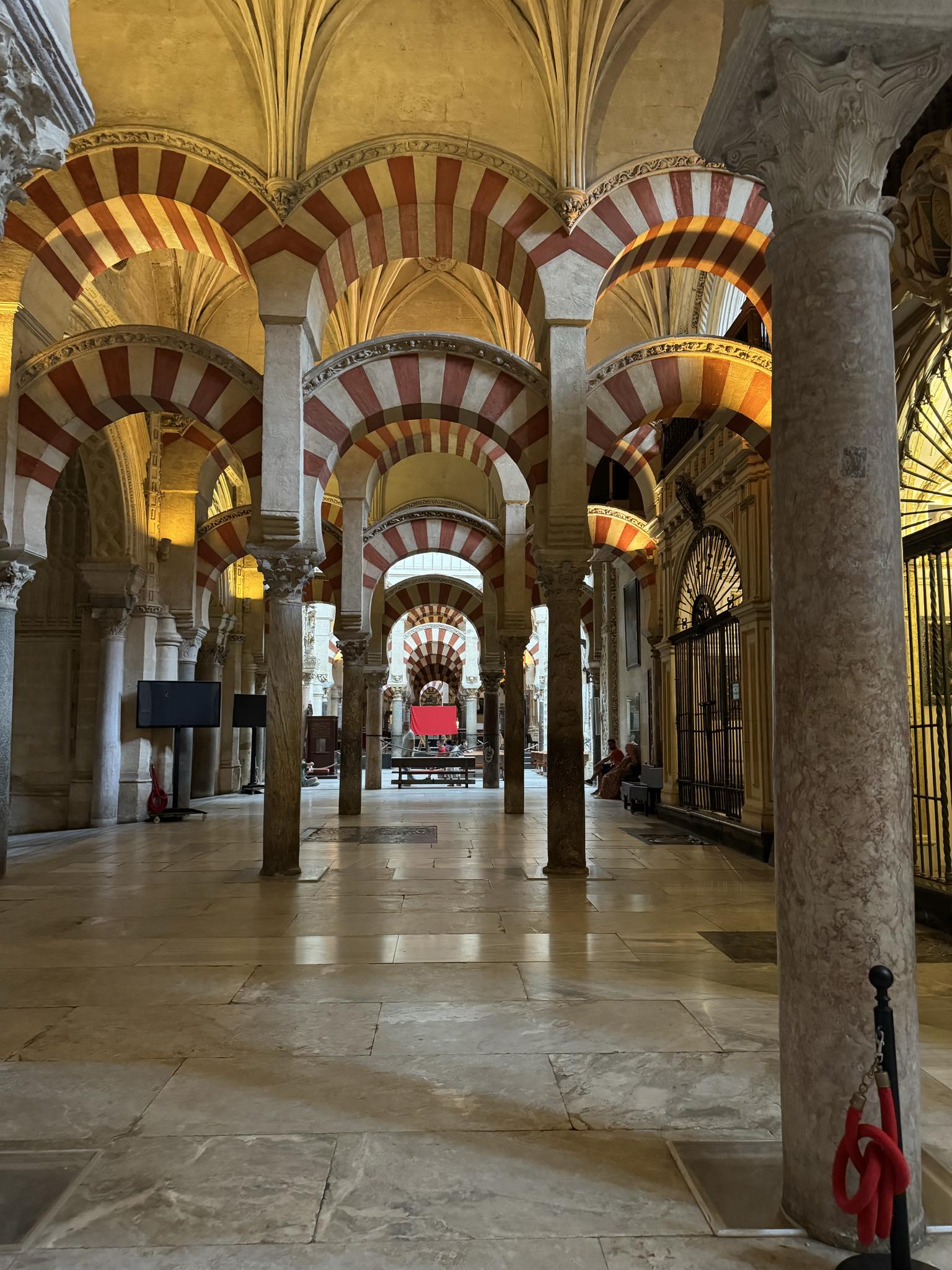
As Philadelphia looks forward, GPA’s leadership is urging city stakeholders, including the Mayor, City Council, and local organizations, to embrace this rare chance to shape the city’s identity as a world heritage destination. By building on insights gained from Cordoba, Philadelphia can enhance its livability and ensure that its heritage is celebrated not just as a historical relic but as a living, evolving part of the urban fabric.
